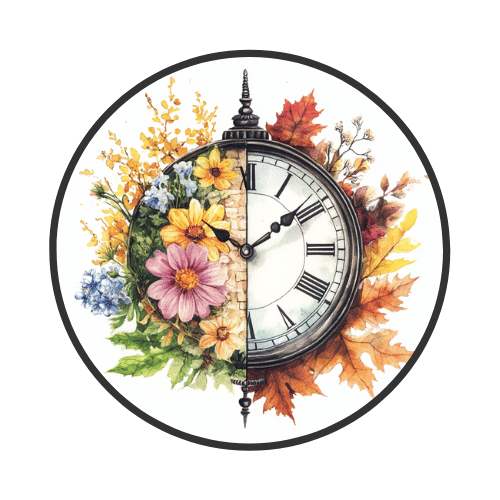Making The Best Of Daylight
Some states and nations don’t adhere to it, but let’s face it, more sunshine is always better. With the benefit of more light, there is still a "dark side" and it can affect people’s health in negative ways. According to a study in the The American Journal of Cardiology, during the first week of DST (in March) there is a spike in heart attacks. Researchers suspect the link is because an hour less of sleep increases stress and provides less time to recover overnight. DST has been associated with later bedtimes, increased time in bed, and a later wake up time which can result in a slowdown in performance, concentration and memory.
The Impact on Health
This is just one of the many stressors in life that throw off our circadian rhythm and deplete adrenal glands of their cortisone. In turn, less cortisol is released into the blood. Cortisol is necessary to maintain metabolism and is secreted in larger quantities during times of stress in order to mobilize blood sugar, the energy sources needed for the response. When the adrenal glands are depleted, the thyroid gland will work harder to make up for the lack of energy. As chronic stress continues, the thyroid gland will eventually become depleted as well and lead to symptoms of hair loss, weight gain, and cold extremities.
Tips to Adjust & Recover from DST
Prioritize Sleep & Adjust Gradually
- Start shifting your bedtime 10–15 minutes earlier a few days before DST begins.
- Stick to a consistent sleep schedule, even on weekends.
- Avoid blue light from screens at least an hour before bed.
Support Your Body with Proper Nutrition & Lifestyle
- Get plenty of sunlight exposure to help reset your internal clock.
- Exercise daily to improve sleep quality and reduce stress.
- Avoid alcohol and caffeine in the evening to prevent sleep disturbances.
- Support your adrenal glands and thyroid with nutrient-rich foods such as fruits, vegetables, and complete protiens, and supplements if needed.
- Practice relaxation techniques such as meditation or deep breathing.
Be Patient—Adjustments Take Time
- Your body may take a few days to a week to fully adjust.
- If needed, take short naps (20–30 minutes) to help with energy levels.
While Daylight Saving Time has its benefits, it also poses challenges for your health. By making small adjustments to your routine and prioritizing sleep and stress management, you can minimize its negative effects and stay energized.







Leave a comment
All comments are moderated before being published.
This site is protected by hCaptcha and the hCaptcha Privacy Policy and Terms of Service apply.